Steer Clear of These Cancer 'Cures'

1
/
15
Be Wary of Cancer 'Cures'
While some alternative therapies can help, many don't work. Research shows that up to 30% of people with cancer have tried a so-called "cure" that doesn't have any benefits. They can be a waste of time and money. Even worse, some of these "remedies" are dangerous to your health and may affect how well other cancer treatments work.
Swipe to advance
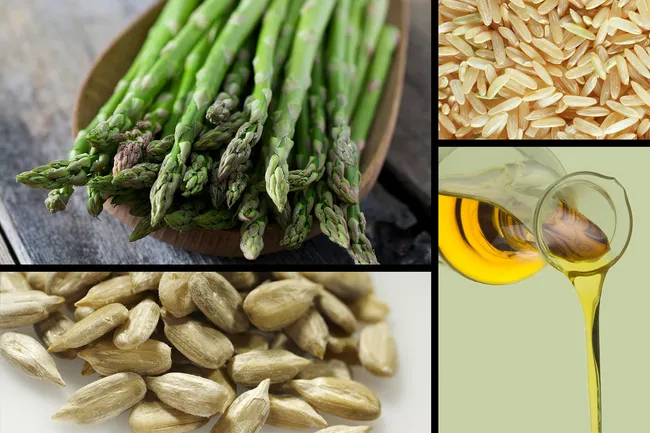
2
/
15
Alkaline Diets
This is based on lab studies that show cancer cells can't survive in a low-acid, or alkaline, environment. The theory is that eating certain foods and staying away from others will lower your body's acid level and keep cancer cells from growing. But what you eat doesn't affect how acidic your blood is. Your body controls that balance.
Swipe to advance
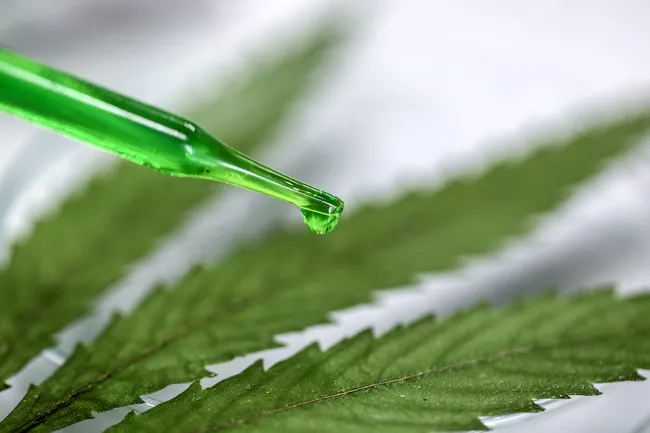
3
/
15
Cannabis Oil
Made from marijuana plants, this is also called hemp or marijuana oil. Some think it can kill or shrink cancerous tumors, but no science backs that up. And while cannabis may ease the side effects of some cancer treatments, like nausea and loss of appetite, talk to your doctor before you try it. Some compounds in cannabis may affect how certain cancer drugs work. They also cause side effects like memory and attention loss.
Swipe to advance
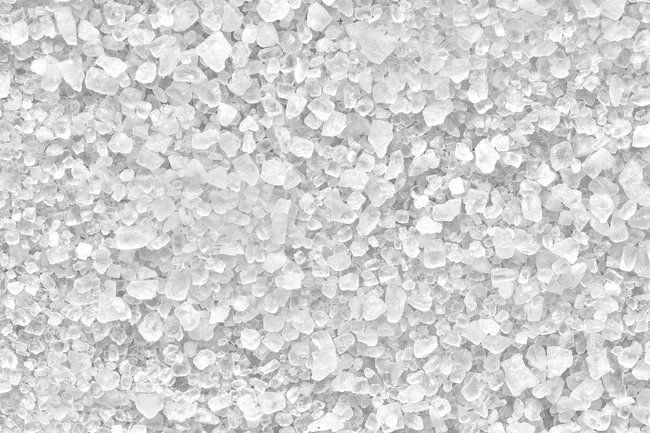
4
/
15
Cesium Chloride
This is a type of salt sold as an alternative cancer treatment. The theory is that it keeps cancer cells from spreading. Researchers have found no proof of that -- a small study showed that cesium chloride didn't help people with cancer. And side effects can include diarrhea, nausea, and an irregular heartbeat. In some cases, it can lead to serious, possibly life-threatening, heart problems.
Swipe to advance
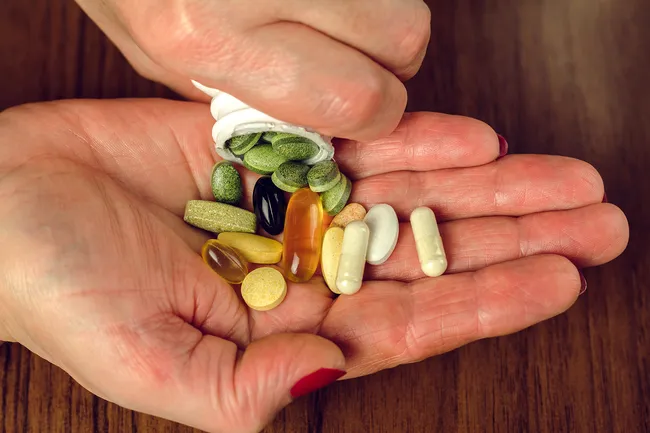
5
/
15
Herbal Remedies
No herbal products have been shown to treat or prevent cancer -- but they may keep chemotherapy and radiation therapy from working as well as they should. Research does suggest that some herbs can help ease side effects, though. For example, ginger may ease vomiting and nausea.
Swipe to advance
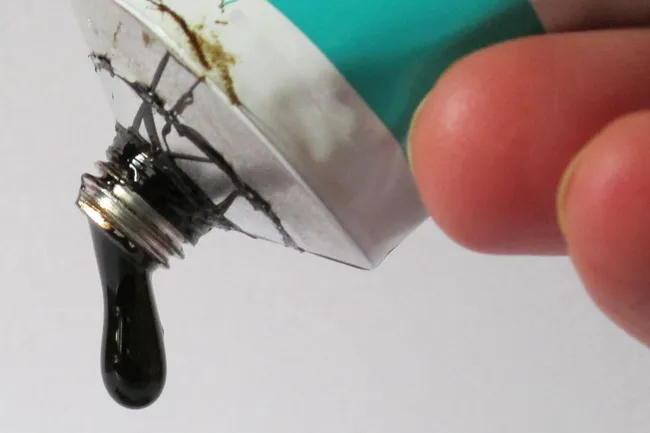
6
/
15
Black Salve
This is a paste, cream, or ointment made with zinc chloride and herbs, such as a plant called bloodroot. Some say the salve targets cancerous tissue in your skin, but that's not true. Black salve damages any skin that it touches. It can destroy the top layer but leave the cancer underneath. And it can cause side effects like infection and scarring.
Swipe to advance
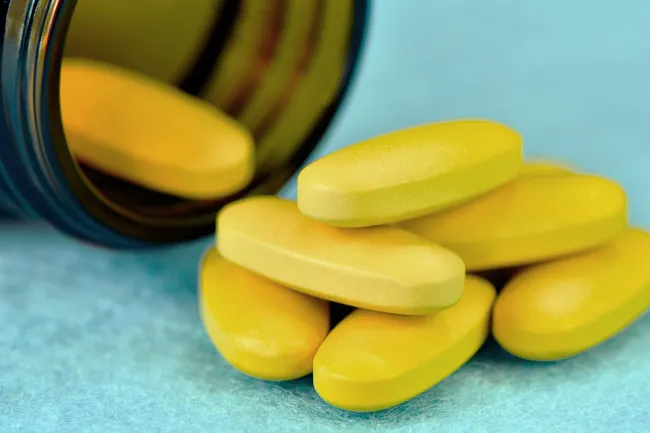
7
/
15
Megadoses of Vitamin C
The idea that very high doses of vitamin C can treat cancer started in the 1970s. It was based on research that suggested the nutrient is toxic to cancer cells. But studies show that taking megadoses of vitamin C by mouth doesn't do anything for people with cancer. And it can affect how certain chemotherapy drugs work. Researchers are now looking at whether shots of vitamin C can help.
Swipe to advance
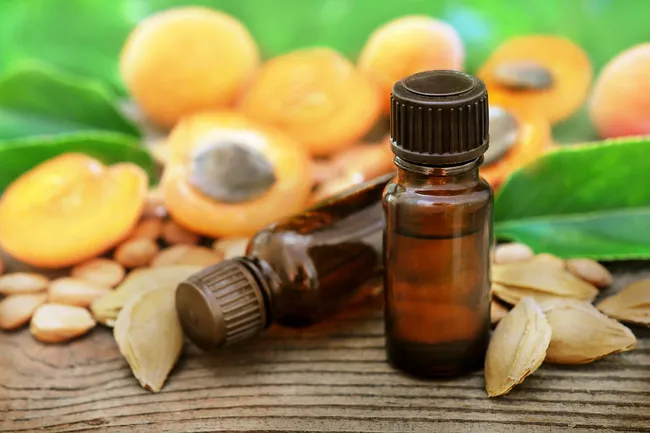
8
/
15
Amygdalin (Laetrile)
This is an extract made from apricot pits and other plants. It's also known as Laetrile and vitamin B-17. Your body breaks down amygdalin into a toxic chemical called cyanide. Some people say this poison targets and kills cancer cells, but studies show it doesn't fight cancer and can lead to cyanide poisoning. Side effects include headaches, dizziness, and possibly life-threatening low blood pressure.
Swipe to advance
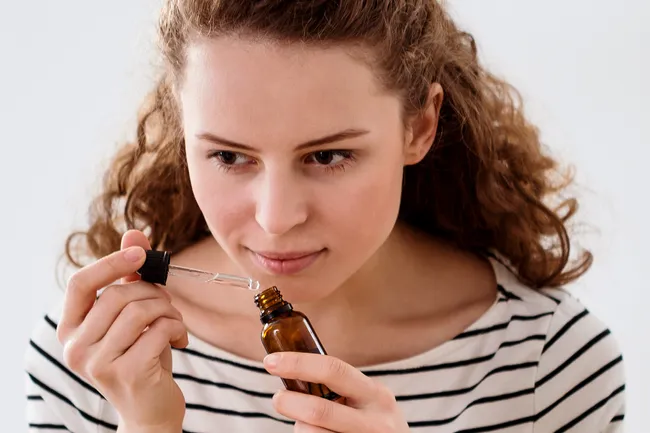
9
/
15
Essential Oils
These are extracts made from plants, such as lavender and tea tree. You typically put them on your skin or breathe their scent. Fans of these oils say they have properties that can fight cancer, but science says that's not the case. They may help ease some side effects of cancer treatments, though, including anxiety, nausea, and depression.
Swipe to advance

10
/
15
Positive Thinking
Research shows there's no link between personality traits and your chances of getting or surviving cancer. What a positive attitude can do is improve your quality of life during diagnosis and treatment. It can also help you better live with and manage the disease.
Swipe to advance
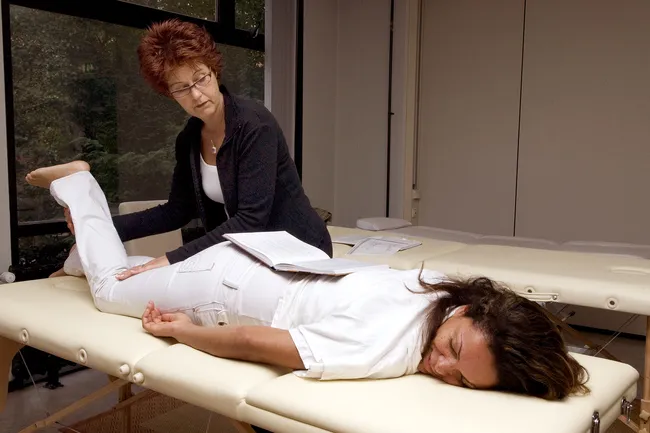
11
/
15
Applied Kinesiology
This is based on the idea that your muscles are linked to certain organs, and muscle weakness is a sign of a health issue in those areas. Also called muscle strength testing, some use it to diagnose illnesses, including cancer, and make treatment decisions. But no science supports it, and research shows it doesn't work.
Swipe to advance
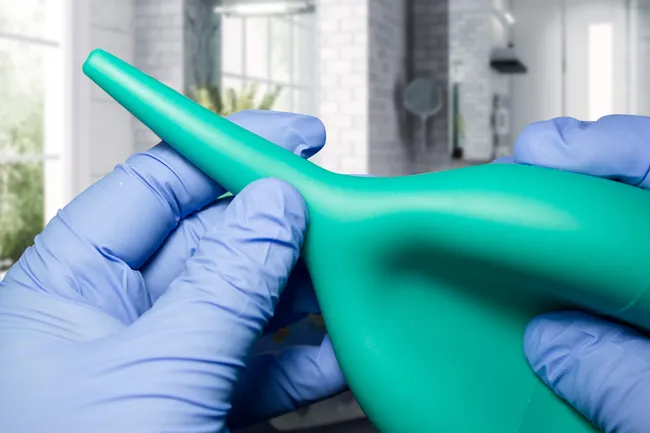
12
/
15
Enemas
With this, a liquid, such as water or coffee, is flushed through your colon. It's thought to detox your colon and intestines. Supporters think that if you rid those organs of toxins, your body is better able to fight cancer cells. But there's no proof that enemas can treat cancer or boost your health. And doing this often may lead to infection, dehydration, or a tear in your rectum. It may also affect the balance of electrolytes in your blood.
Swipe to advance

13
/
15
Gerson Therapy
A doctor created this program in the 1940s as a treatment for migraines. Now some people use it for cancer. It involves a strict regimen of drinking 13 glasses of organic juice each day and eating vegetarian meals prepared without salt, spices, or oils. You also take a number of supplements and get regular enemas. Not only is this program not helpful for cancer, but experts warn that it can be harmful because you could miss out on important nutrients.
Swipe to advance
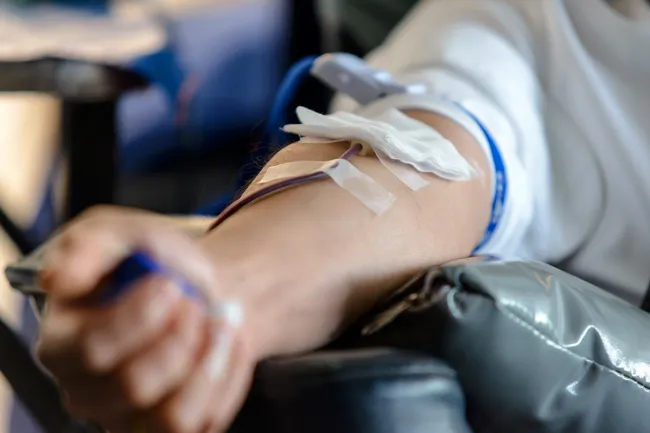
14
/
15
Ozone Therapy
Ozone is a toxic form of oxygen. The basis for ozone therapy is the idea that extra oxygen makes it hard for tumors to grow. But ozone doesn't have any medical use, including treating cancer. And it can lead to serious side effects, like vein inflammation, chest pain, and heart issues.
Swipe to advance
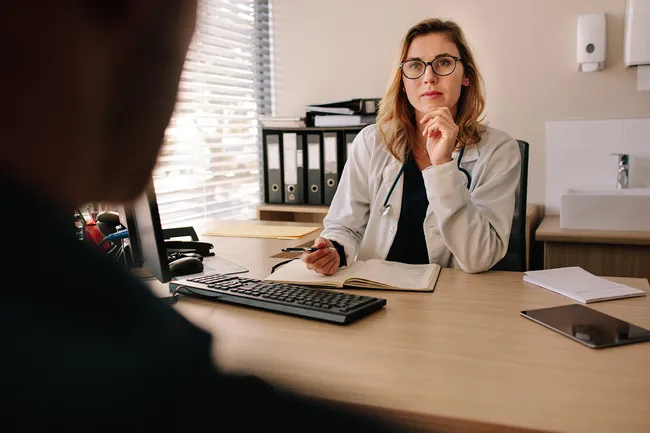
15
/
15
Talk to Your Doctor
If you're interested in trying an untraditional remedy, talk with your doctor first. She can help you understand if it might help and make sure it won't lead to dangerous side effects. And it's important to keep the lines of communication open with your doctor. One study found that people with cancer who used alternative remedies were more likely to refuse the treatment their doctor recommended.
Swipe to advance
- Get link
- X
- Other Apps